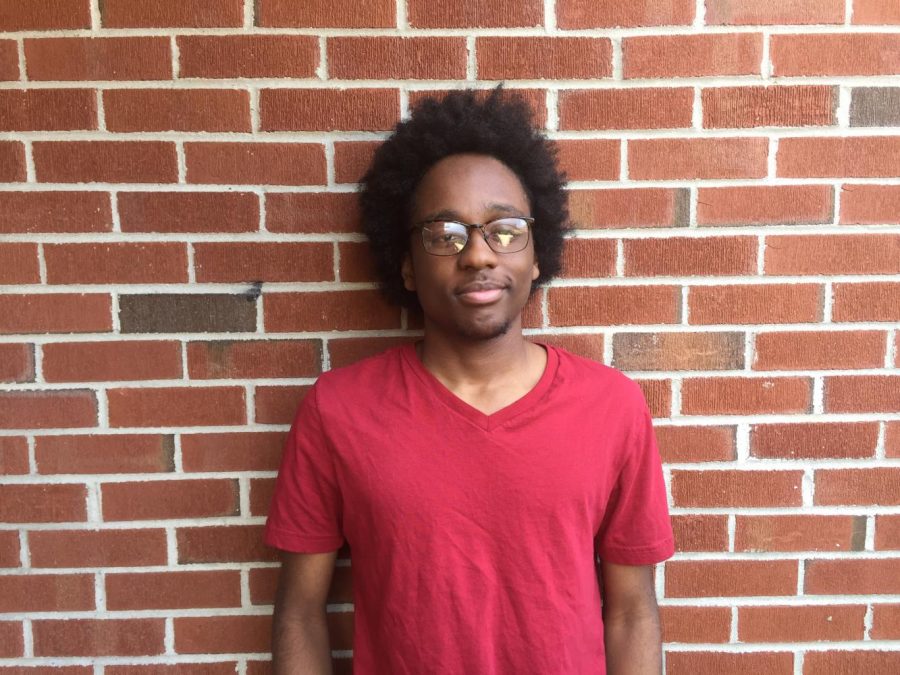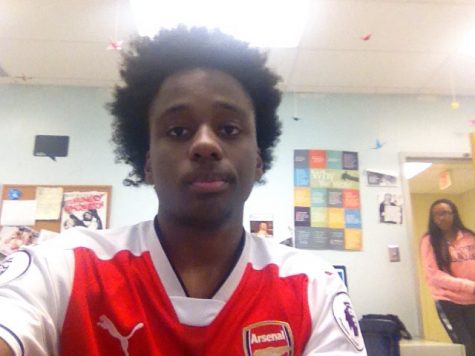Power to the people, not the privileged
October 10, 2017
Countless economists agree that people default to poverty in capitalist societies, but this demonstrates a lack of understanding of the system, and the factors that affect whether or not one succeeds. The people at the top insist that one’s success in this society truly depends on nothing more than hard work, but this runs directly counter to reality.
Gender, zip code, race, and the economic class of one’s parents all weigh heavily on a person’s success in school and earning potential.
The opportunities and connections that come along with growing up in an affluent family amount to playing life on easy mode. The children of the rich walk into adulthood with, presumably, their family’s professional connections, an inheritance, and a successful family name. One cannot overstate the value of this, relative to the negative clean slate of people without the good fortune affluent families provide. Not to say that we should not allow people to use their resources to ensure their children a good life, but this provides an undeniable, unfair advantage to those at the top.
Even if one grows up disadvantaged, does well on standardized tests, and earns a degree, their degree tends to hold less value than that of a peer with a richer background.
When one considers the consequences of failure, the read on the situation darkens. If someone, for whatever reason, finds him or herself near the bottom of our society, the result runs deeper than a simple inability to buy an iPhone or expensive clothes. That supposed failure truly means life or death, not only for the individual, but for their children, who play no part other than poor fortune. The family one lives with in childhood affects access to healthcare, good schooling, and food. This childhood struggle disadvantages the children of impoverished people, making them more likely to live in poverty in adulthood, reinforcing the inequities of the system.
This marked injustice, again, looks darker beneath the surface. The top 1% of Americans holds 38.6% of the nation’s wealth, over 5% ahead of that of the bottom 90%. The argument that these uber wealthy people simply work harder falls apart when one considers that a significant portion inherit significant amounts of money from relatives.
Capitalism requires a ruling class and an underclass to function, regardless of the drive or the merits of the underclass. The rich need people below them to work in their factories and purchase their products for them to accrue wealth.
Regardless of whether or not you believe that people who find themselves in poverty simply do not work hard enough, the system requires an underclass. Even in a fictional land, where all citizens work tirelessly, every waking hour, an underclass will still remain. Without the underclass to build their empires on the backs of, the upper class cannot exist.
So long as factors outside of the control of the individual affect success, and success determines whether or not one eats every day and sleeps in a bed, people cannot call the current state of affairs moral. We occupy a reality where more than 500,000 citizens of the richest nation in the history of the world live without a roof to sleep under, 41 million live under the poverty line, and even more live paycheck to paycheck.
The resources to ensure every citizen of the United States of America a bed, healthcare, and food exist, and we must decry the rationing of them in a manner that leaves even one citizen lacking.
No man can, in earnest, claim morality from a system that requires an, albeit de facto, caste system to ensure its effective operation. The people cannot allow this exploitation any longer.
Citizens should not accept the few standing on the backs of the many to sustain their status of gross excess. Consider joining your local DSA chapter or organizing independently online or locally to help to move the needle in a direction conducive to the well-being of the nation.







